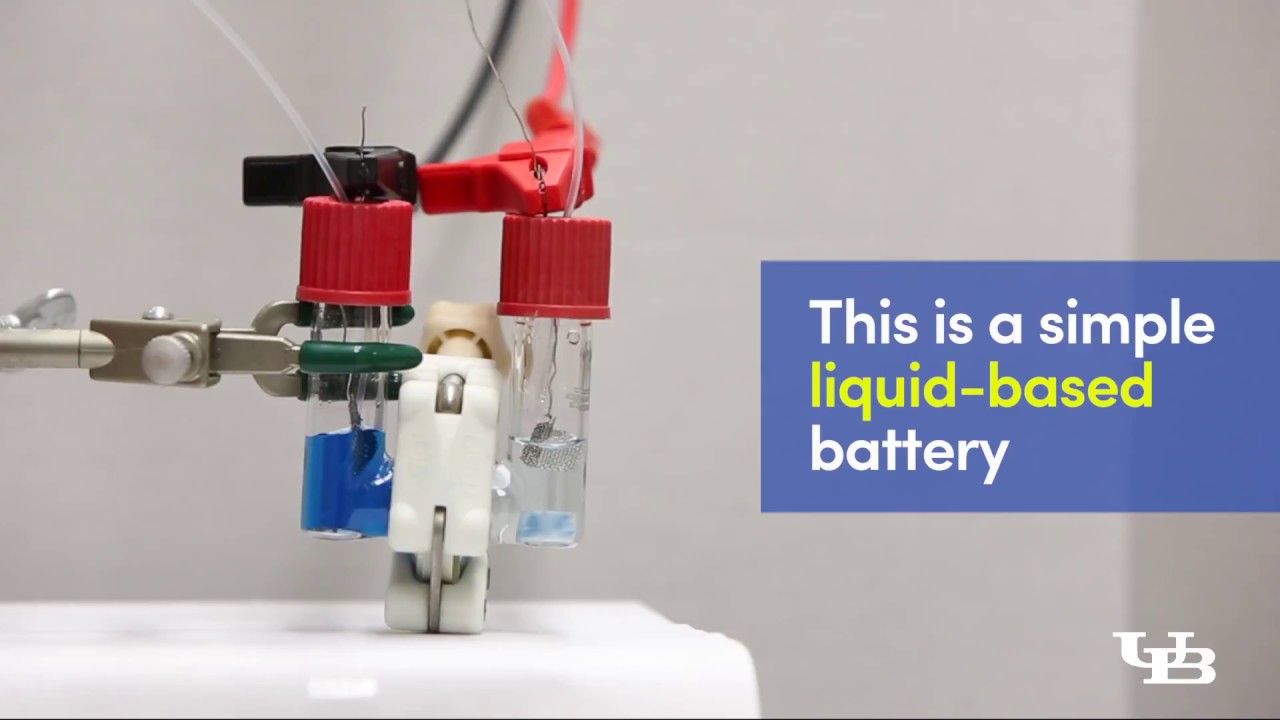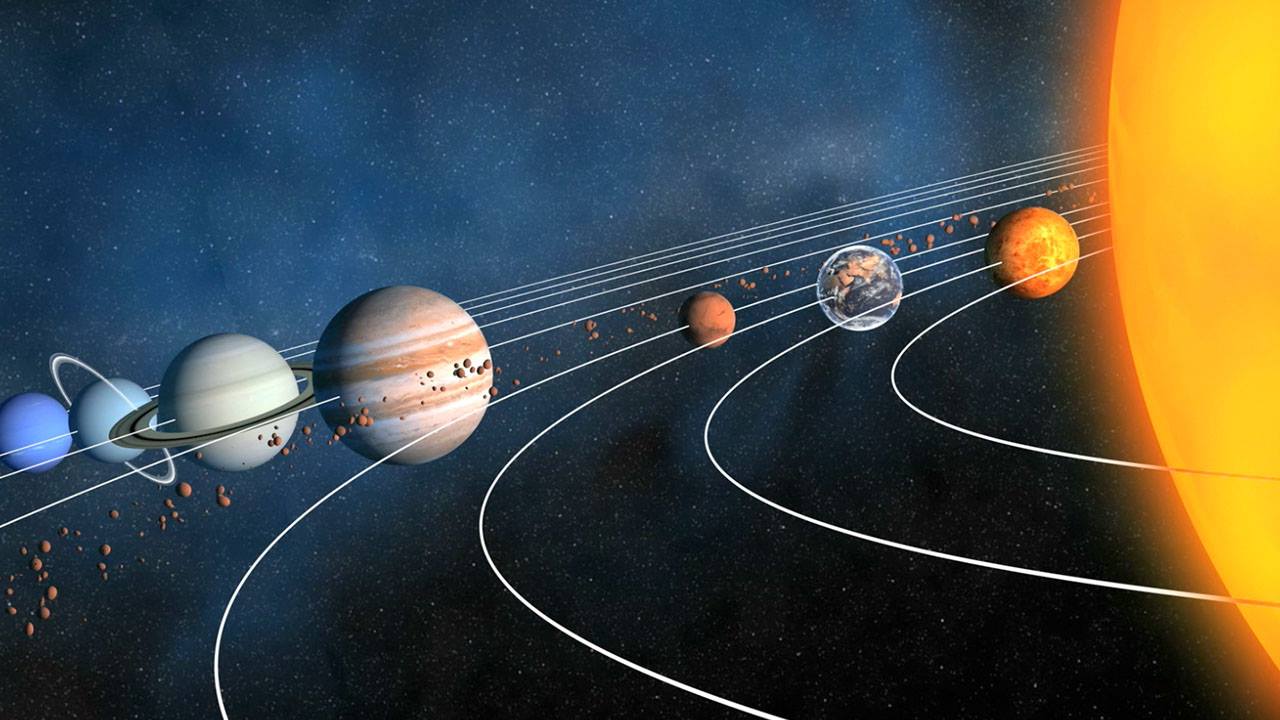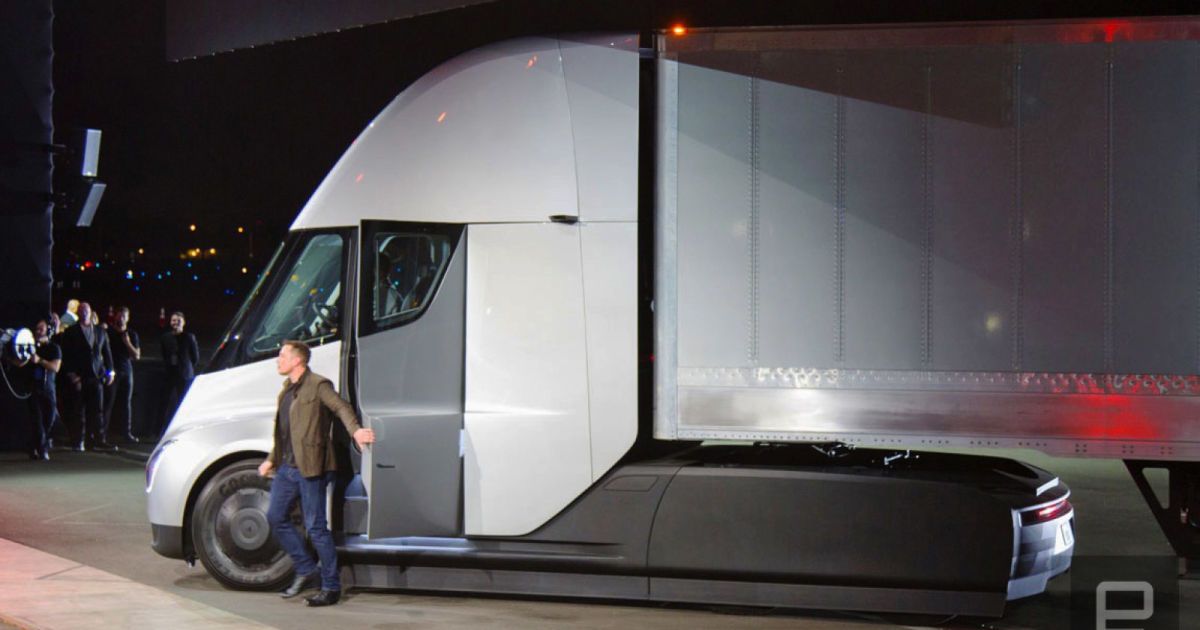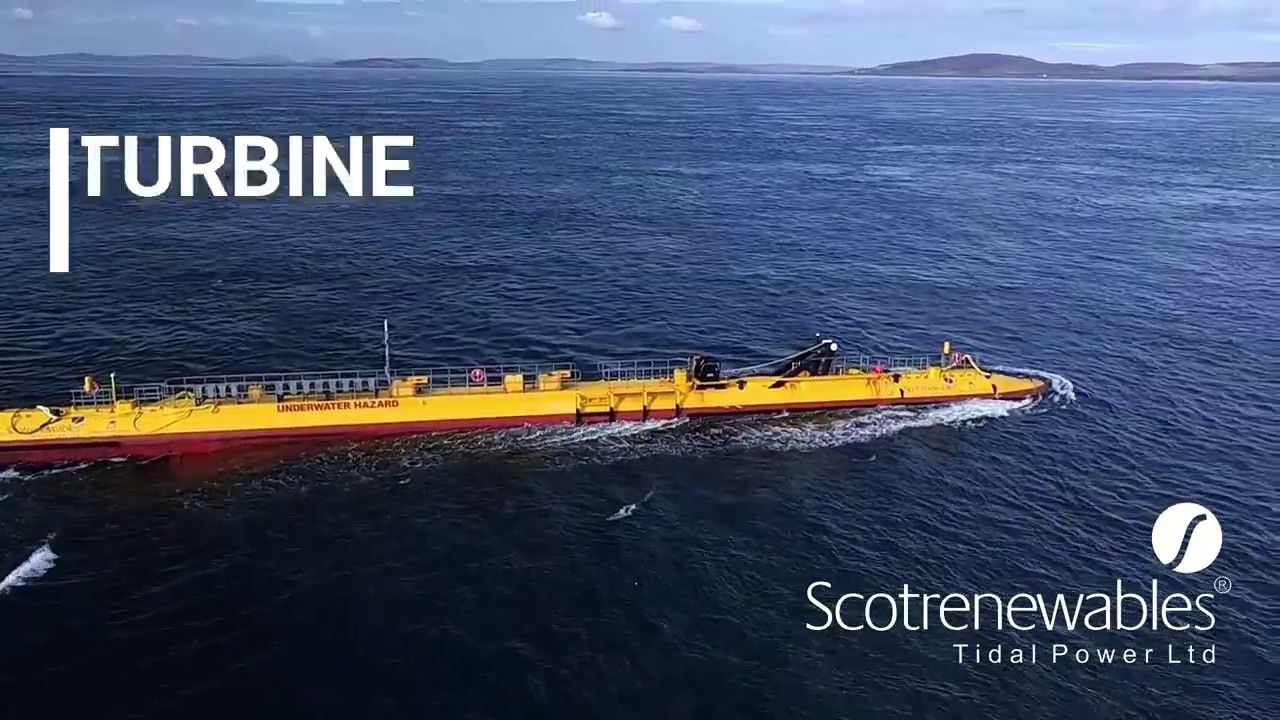Unlike Nuclear fusion which has never had net generation of power, molten salt nuclear fission power had 2.5 megawatts of net power generation from a US nuclear prototype back in the 1960s. The US government had major work on molten salt nuclear reactors form the 1950s through the 1970s.
There is now a multi-billion race from many US companies and China and Canada and European countries to develop molten salt nuclear power.









